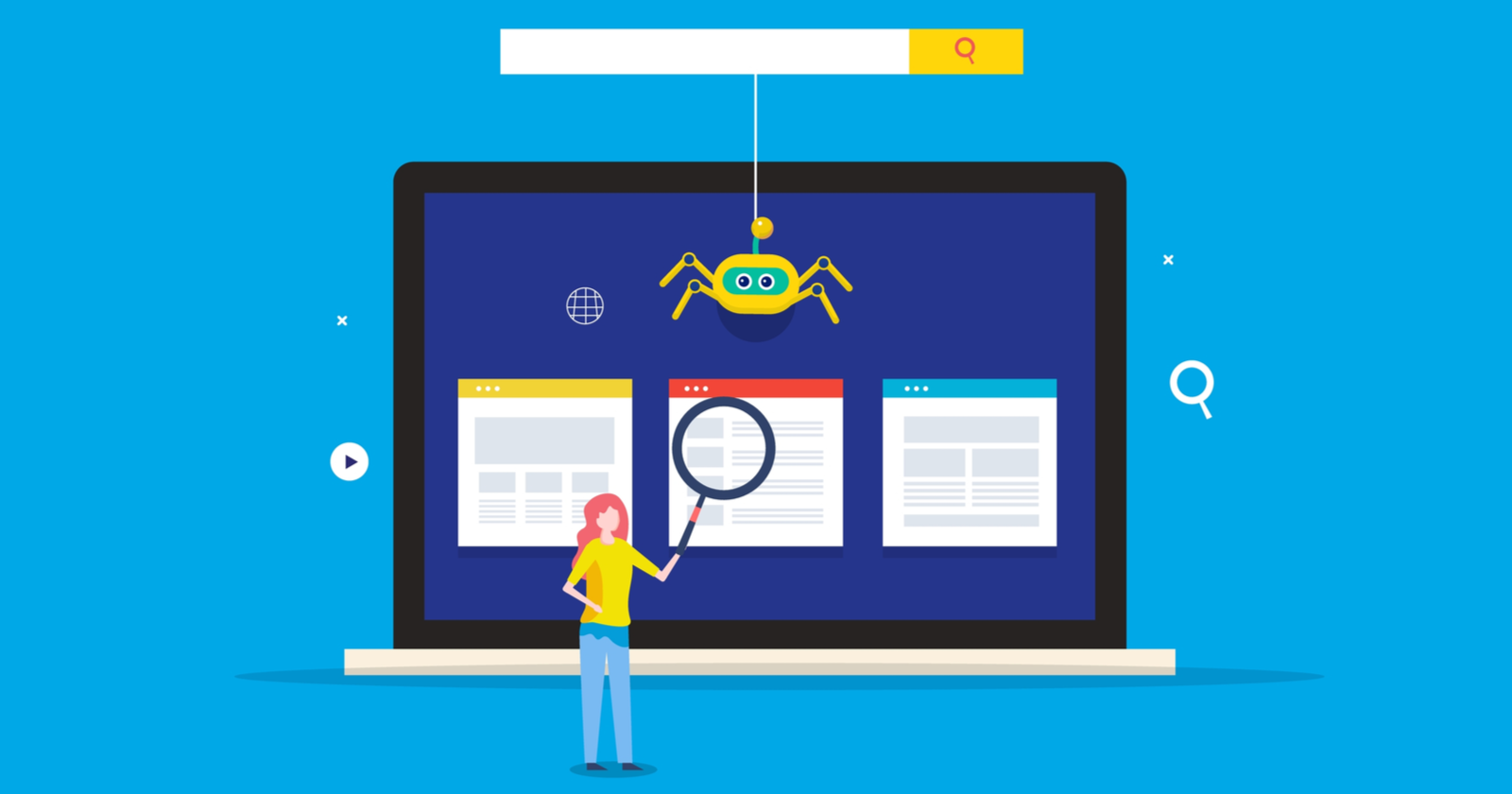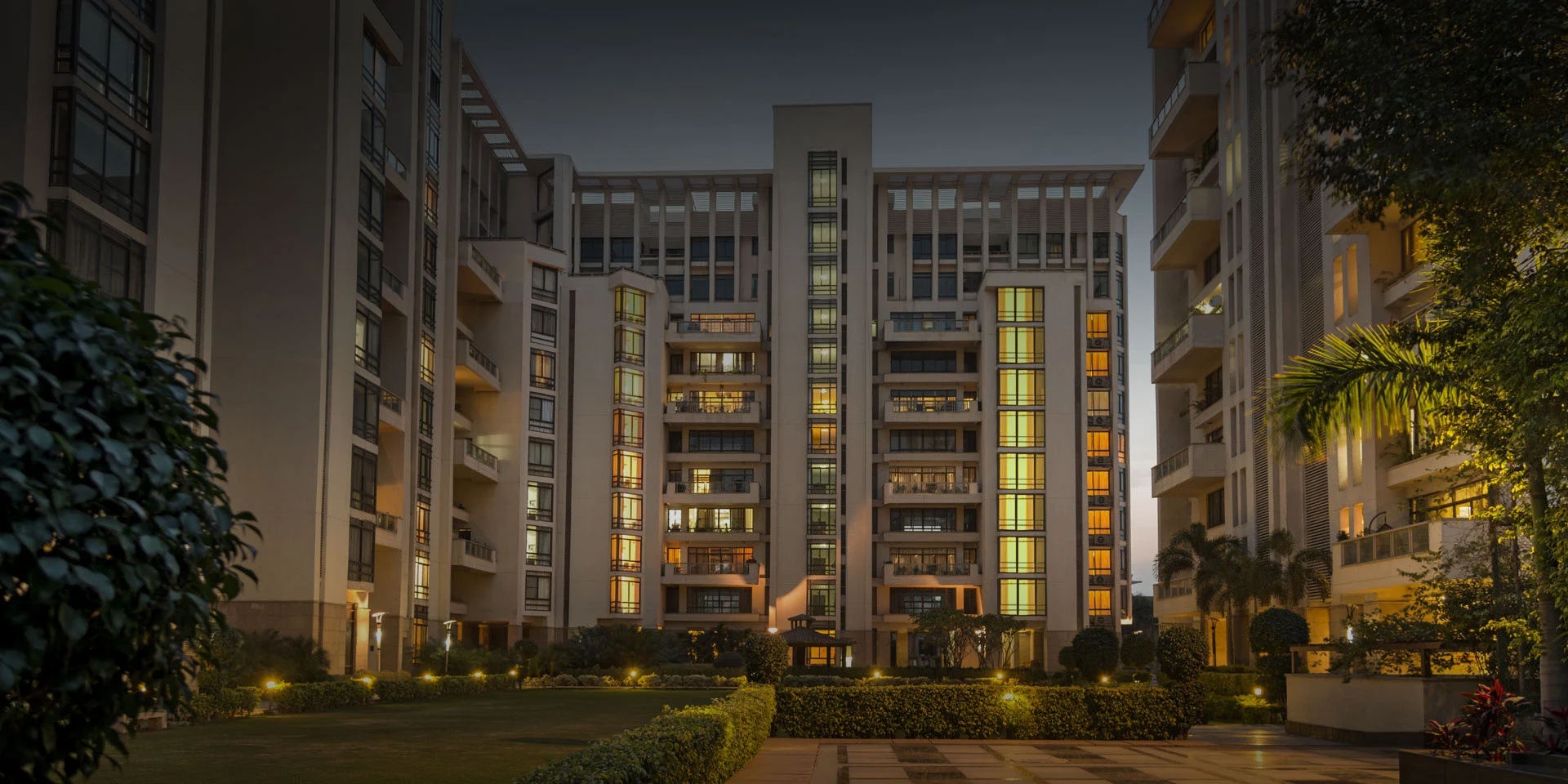Understanding why Google isn't indexing your page can be challenging, especially when you've invested time and resources into creating high-quality content. Google's indexing process involves crawling the web, discovering new content, and adding it to their database. If your page isn’t being indexed, it can significantly affect your visibility and traffic. This comprehensive guide explores the reasons why Google may not be indexing your page and provides actionable solutions to resolve these issues.
Quality Content and Relevance
Google prioritizes high-quality, relevant content. If your page doesn’t meet these standards, it might not get indexed. Ensure your content is original, informative, and valuable to your audience. Avoid keyword stuffing and focus on creating engaging, well-structured content that addresses your users' needs.
Technical SEO Issues
Technical SEO issues can prevent Google from indexing your page. These issues include incorrect use of meta tags, duplicate content, slow page load times, and broken links. Regularly audit your website to identify and fix these technical issues. Use tools like Google Search Console to monitor your site’s performance and resolve any errors that may hinder indexing.
Robots.txt File
The robots.txt file guides search engines on which pages to crawl and index. If your robots.txt file is incorrectly configured, it might block Google from indexing your page. Check your robots.txt file to ensure it allows Googlebot to access your site’s important pages.
Meta Tags and Noindex Directives
Meta tags and noindex directives instruct search engines on how to treat specific pages. If your page has a noindex tag, Google will not index it. Review your meta tags to ensure they’re not inadvertently preventing indexing. Remove any noindex directives from pages you want Google to index.
Sitemaps
Sitemaps help search engines discover and index your content more efficiently. Ensure your sitemap is up-to-date and correctly submitted to Google Search Console. An accurate sitemap can enhance your site’s visibility and indexing rate.
Duplicate Content
Duplicate content confuses search engines and can negatively impact indexing. Ensure your content is unique and avoid publishing the same content across multiple pages. Use canonical tags to indicate the preferred version of a page when duplicate content is unavoidable.
Mobile-Friendliness
With the increasing use of mobile devices, Google prioritizes mobile-friendly websites. Ensure your site is responsive and provides a seamless experience across all devices. Use Google’s Mobile-Friendly Test tool to identify and fix mobile usability issues.
Website Speed
Slow website speed can hinder Google’s ability to crawl and index your pages efficiently. Optimize your website’s speed by compressing images, leveraging browser caching, and minimizing JavaScript. A faster website enhances user experience and improves your chances of getting indexed.
HTTPS and Security Issues
Google favors secure websites. Ensure your site uses HTTPS and has a valid SSL certificate. Address any security issues, such as malware or hacked content, that could prevent Google from indexing your page.
Backlinks and Authority
Backlinks from reputable sites can enhance your site’s authority and indexing potential. Focus on building high-quality backlinks through guest blogging, partnerships, and content marketing. Avoid spammy or low-quality backlinks, as they can harm your site’s reputation and indexing.
Crawl Budget
Crawl budget refers to the number of pages Google crawls on your site within a given timeframe. If your site has many low-quality pages, it might exhaust your crawl budget, preventing important pages from being indexed. Optimize your crawl budget by prioritizing high-quality content and removing unnecessary pages.
Content Freshness
Google values fresh, updated content. Regularly update your site with new and relevant content to keep it fresh. Ensure your existing content remains accurate and up-to-date to maintain its value and indexing potential.
URL Structure
A clean and organized URL structure helps search engines understand and index your content better. Avoid long, complex URLs and use descriptive keywords to indicate the page’s content. Proper URL structure improves both user experience and search engine indexing.
Social Signals
Social signals, such as shares, likes, and comments, indicate the popularity and relevance of your content. Promote your content on social media platforms to increase its visibility and generate social signals. Engaging with your audience on social media can enhance your site’s authority and indexing potential.
Ensuring your page gets indexed by Google is crucial for visibility and traffic. By addressing the issues mentioned in this guide, you can improve your chances of getting your content indexed. Focus on creating high-quality, relevant content, optimizing your technical SEO, and maintaining a user-friendly website. Regularly monitor your site’s performance using tools like Google Search Console to identify and resolve any issues promptly. By following these best practices, you can enhance your site’s visibility, drive more traffic, and achieve better search engine rankings.
Frequently Asked Questions: Why Isn’t Google Indexing My Page?
What does it mean if Google isn’t indexing my page?
If Google isn’t indexing your page, it means that Google’s search engine hasn’t added your page to its database. As a result, your page won’t appear in search results, which can significantly impact your site’s visibility and traffic.
How can I check if Google has indexed my page?
You can check if Google has indexed your page by performing a site search in Google. Type into the search bar. If your page appears in the search results, it is indexed. If not, it may not be indexed yet.
What are some common reasons why Google might not index my page?
Common reasons include poor content quality, technical SEO issues, incorrect robots.txt settings, use of noindex meta tags, outdated or incorrect sitemaps, duplicate content, mobile usability problems, slow website speed, security issues, insufficient backlinks, crawl budget constraints, outdated content, disorganized URL structure, and lack of social signals.
How do I fix technical SEO issues that may be preventing indexing?
Conduct a technical SEO audit to identify issues such as broken links, duplicate content, and slow page load times. Use tools like Google Search Console to detect and fix these problems. Ensure your site is optimized for search engines and user experience.
What should I do if my robots.txt file is blocking Google from indexing my page?
Review and edit your robots.txt file to ensure it allows Googlebot to access the pages you want to be indexed. Remove any disallow directives that might be preventing indexing and submit the updated file to Google Search Console.
How can I ensure my meta tags are not preventing indexing?
Check your meta tags for any noindex directives. Remove or adjust these tags if you want Google to index the page. Ensure that the meta tags on your pages are properly configured and aligned with your indexing goals.
What is a sitemap and why is it important for indexing?
A sitemap is a file that lists all the pages on your website, helping search engines discover and index your content more efficiently. Ensure your sitemap is up-to-date and correctly submitted to Google Search Console to improve indexing.
How do I handle duplicate content issues?
To address duplicate content, ensure that each page on your site offers unique and valuable content. Use canonical tags to indicate the preferred version of a page if duplication is unavoidable. Regularly check for and resolve duplicate content issues.
What role does mobile-friendliness play in indexing?
Mobile-friendliness is crucial because Google uses mobile-first indexing, meaning it primarily looks at the mobile version of your site for indexing and ranking. Ensure your site is responsive and provides a good user experience on all devices.
How can I improve my website’s speed to enhance indexing?
Optimize your site’s speed by compressing images, minimizing JavaScript, leveraging browser caching, and improving server response times. A faster website improves user experience and helps with indexing.
Why is HTTPS important for indexing?
HTTPS is important for indexing because Google prefers secure sites. Ensure your site has an SSL certificate and uses HTTPS to protect user data and improve your chances of being indexed.
How can I build backlinks to improve my page’s indexing?
Build backlinks by creating high-quality content, engaging in guest blogging, forming partnerships, and promoting your content. Focus on acquiring links from reputable and relevant sites to boost your site’s authority and indexing potential.
What is crawl budget and how does it affect indexing?
Crawl budget refers to the number of pages Google crawls on your site within a given timeframe. If your site has many low-quality pages, it may exhaust your crawl budget, preventing important pages from being indexed. Optimize your site by prioritizing high-quality content and removing unnecessary pages.
How often should I update my content to ensure it gets indexed?
Regularly update your content to keep it fresh and relevant. Google values updated content, so frequent updates can help maintain your page’s visibility and indexing status.
How important is URL structure for indexing?
A clean and organized URL structure helps search engines understand and index your content better. Use descriptive keywords and avoid long, complex URLs to improve indexing and user experience.
Can social signals affect my page’s indexing?
Social signals, such as shares and likes, can indicate the popularity and relevance of your content. Promoting your content on social media can generate these signals and improve your page’s visibility and indexing potential.
















